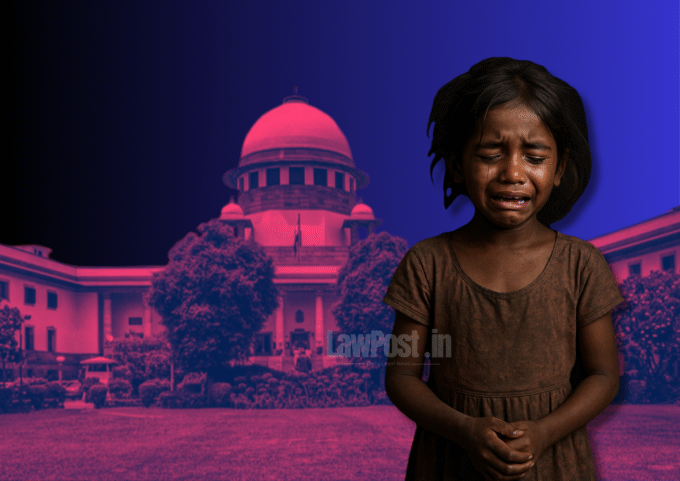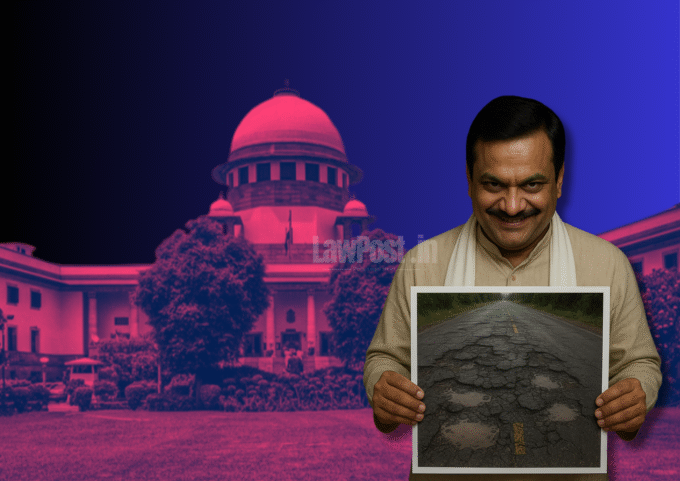In a landmark ruling, the Supreme Court has held that a spouse whose marriage has been declared void under Section 11 of the Hindu Marriage Act, 1955, is entitled to seek permanent alimony or maintenance under Section 25 of the Act. The judgment, delivered by a three-judge Bench comprising Justices AS Oka, Ahsanuddin Amanullah, and AG Masih, reaffirmed that relief under Section 25 is discretionary and depends on the facts of each case and the conduct of the parties.
“While enacting Section 25(1), the legislature has made no distinction between a decree of divorce and a decree declaring marriage as a nullity. Therefore, on a plain reading of Section 25(1), it will not be possible to exclude a decree of nullity under Section 11 from the purview of Section 25(1) of the 1955 Act,” the Court held.
The ruling came in response to a reference made by a division bench in August last year. The primary question was whether permanent alimony could be granted in cases where a marriage is declared void. While two previous judgments had affirmed this view, five others had opposed it. The Court ultimately clarified that spouses in void marriages have the right to seek maintenance.
Safeguards Against Misuse
Addressing concerns raised by the appellant’s counsel regarding potential misuse—such as a woman inducing a man to marry while already being married or a case involving incestuous relationships—the Supreme Court emphasized that statutory safeguards exist.
“A grant of a decree under Section 25 of the 1955 Act is discretionary. If the conduct of the spouse who applies for maintenance is such that the said spouse is not entitled to discretionary relief, the Court can always turn down the prayer for the grant of permanent alimony,” the judgment read.
Interim Maintenance Also Applicable
The Court also ruled on whether a spouse in a void marriage could seek interim maintenance under Section 24 of the Hindu Marriage Act. It held that such relief could be granted if two conditions are met:
- A proceeding under the Hindu Marriage Act must be pending.
- The spouse seeking maintenance must lack independent income sufficient for support and legal expenses.
By distinguishing Section 25 of the Hindu Marriage Act from Section 125 of the Code of Criminal Procedure (CrPC), the Supreme Court reinforced that both husbands and wives in void marriages have the right to claim maintenance—unlike under Section 125 CrPC, which is limited to wives, children, and parents.
This ruling settles a long-standing debate and ensures financial protection for spouses in void marriages while maintaining judicial discretion to prevent abuse of the provision.
Case: Sukhdev Singh vs Sukhbir Kaur – Available on LAWFYI.IO








